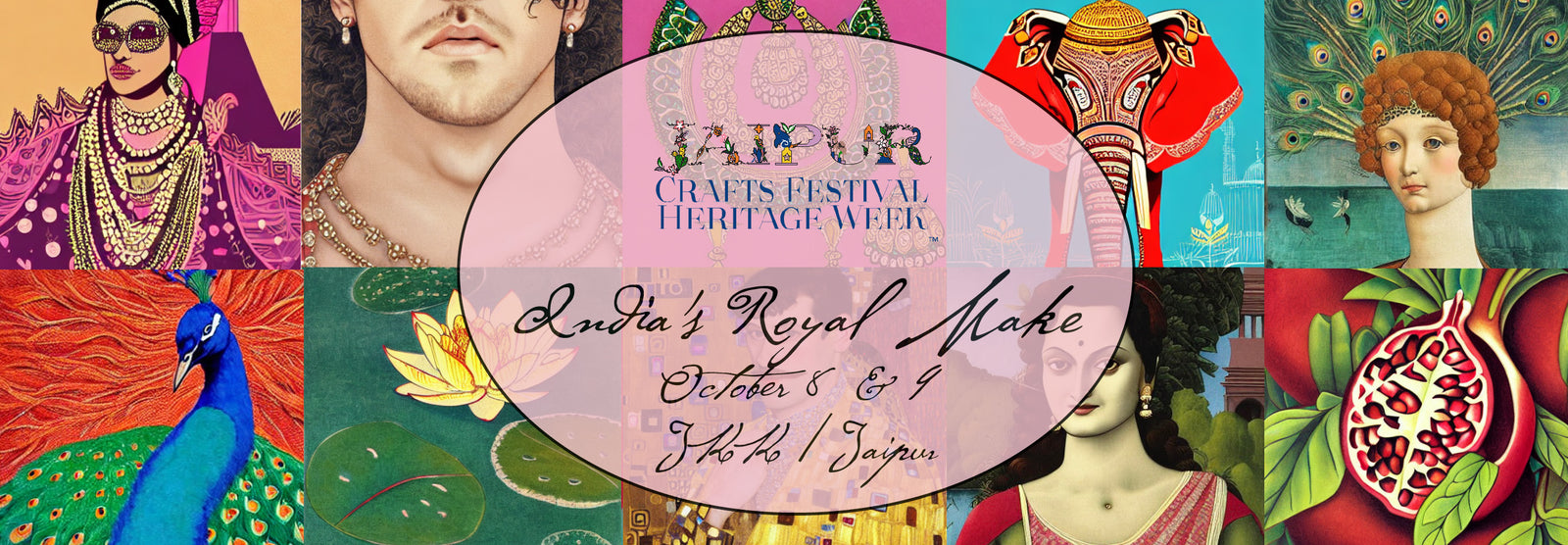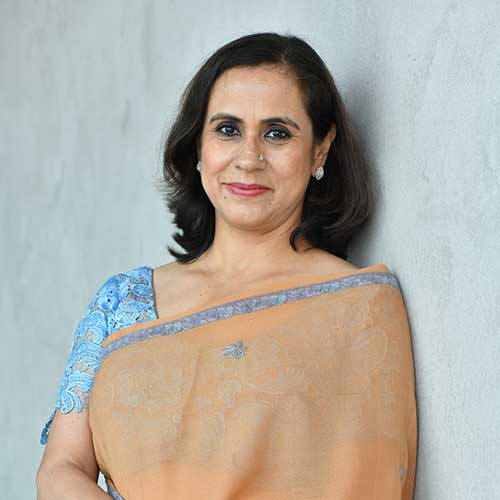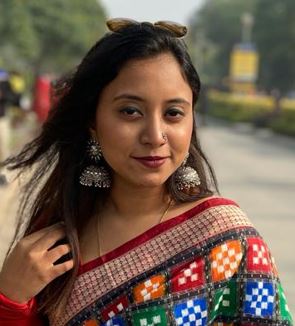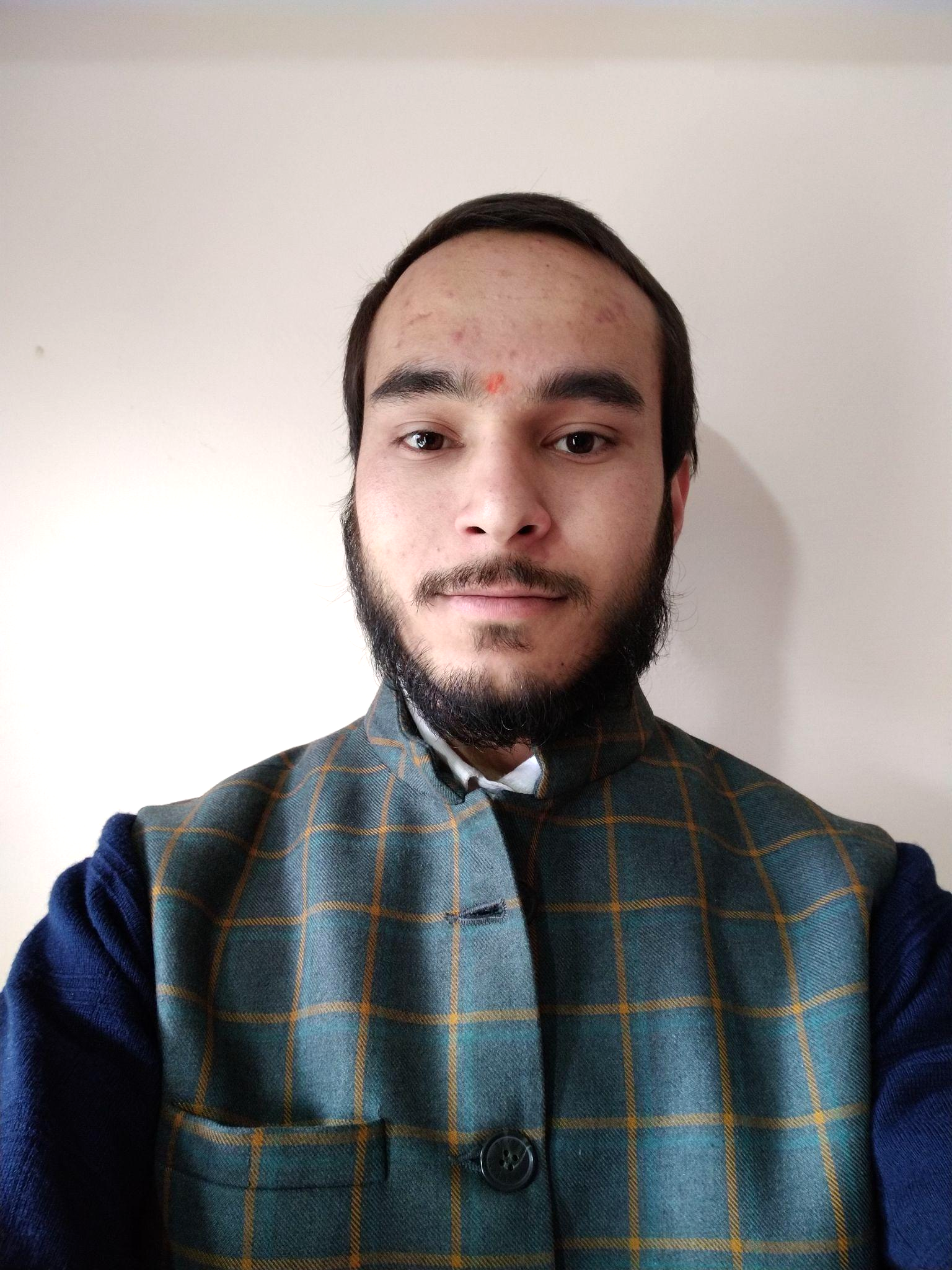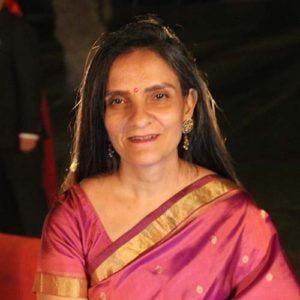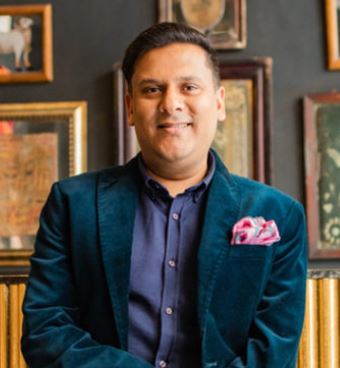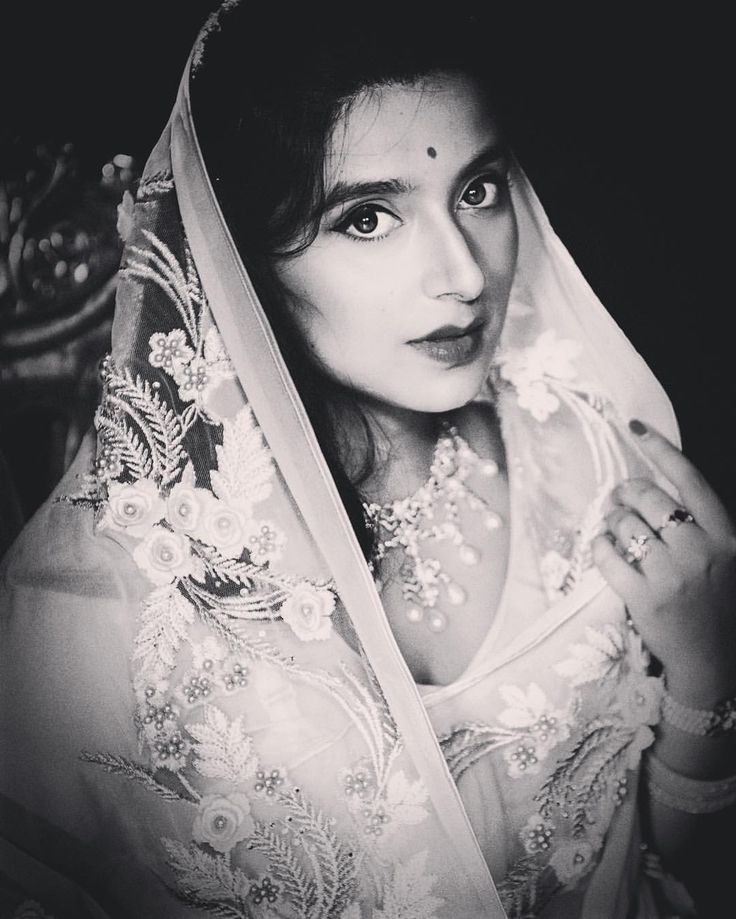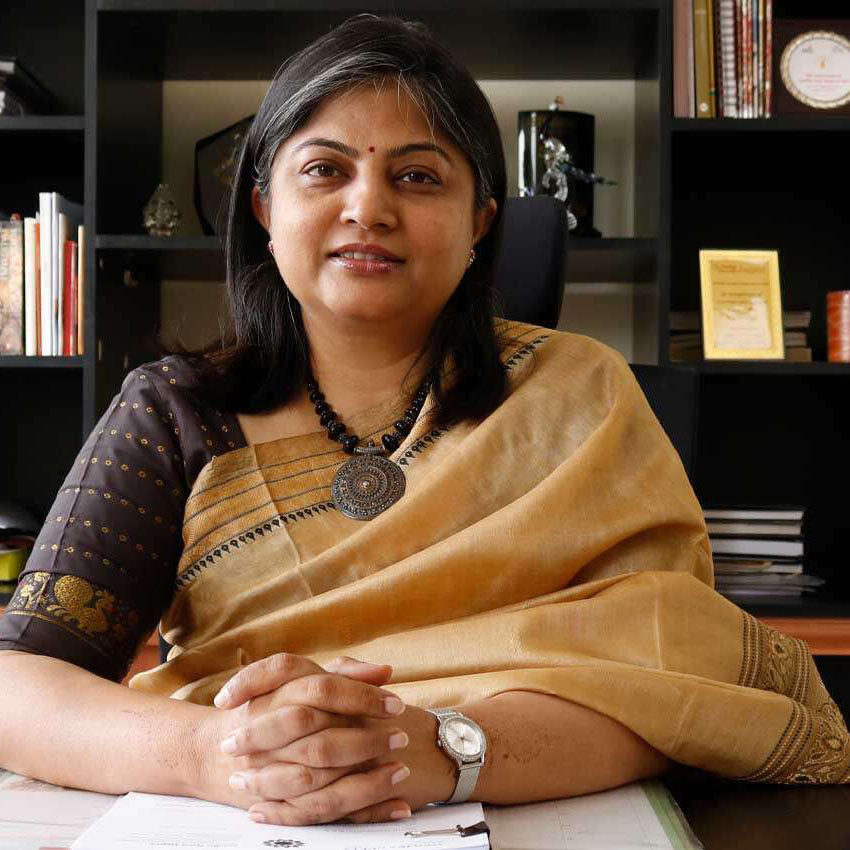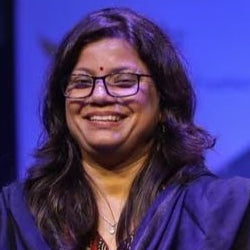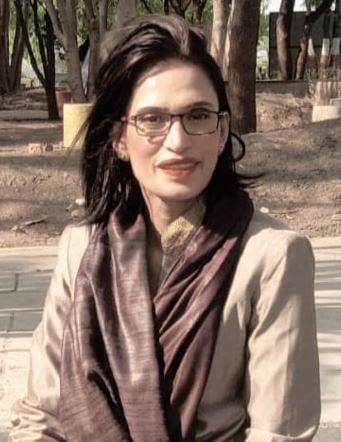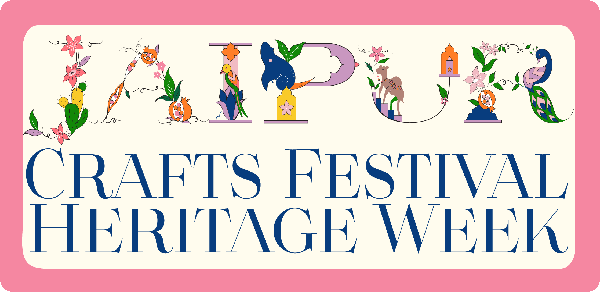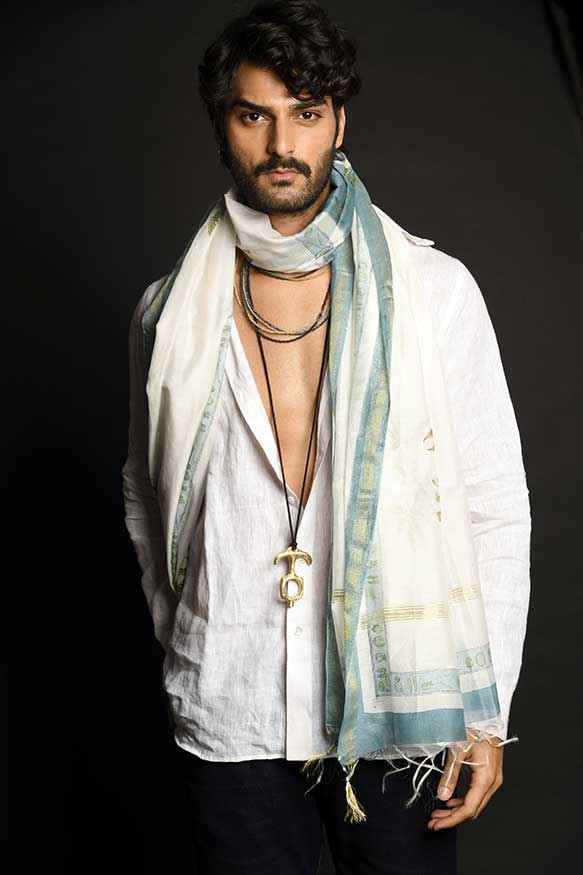Youth in formerly colonized countries are very, very passionate about decolonization. The only signs we see of it within India are conversations about appropriated imagery. Why is that?
Imperialism in Bharat triggered an identity crisis. Eurocentric selection criteria, beauty preferences and the way dominant cultures produce knowledge are all things that perpetuate unfair power and structural dynamics. Why is Indian jewelry priced lower than French designs? Why is an Italian handwoven shirt worth more than an Indian one? Why do some brands pretend that Indian hands did not make their clothes? The questions matter even if there are no easy answers.
India has a layered history of conquest, meaning Britain was the last imperial power, but not the first. Invasion was frequent and history is long. It is worthwhile to ask, when did Indian-ness in the business of crafts, culture and heritage emerge? What could fashion and craft gain from coming to terms, again, with India's history?


